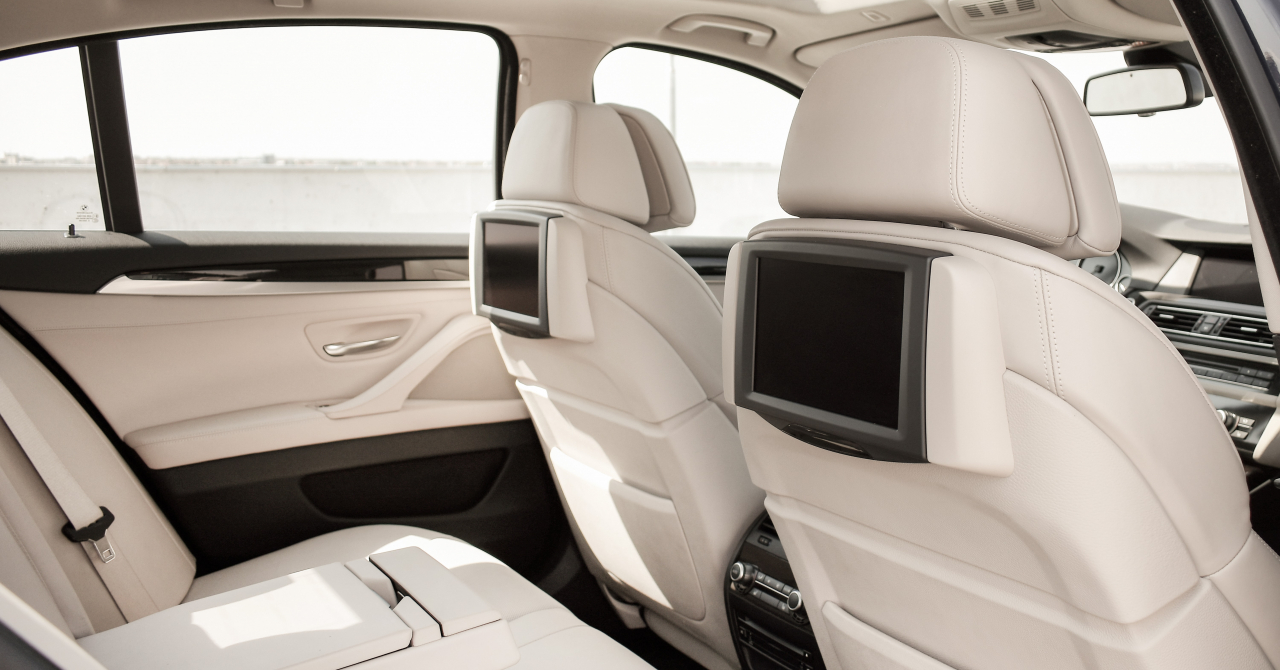This is needed as the process of manufacturing EVs is actually more damaging to the environment than the process of making a traditional fossil fuel car, with things like magnets for electric motors and batteries having a significant carbon footprint.
It is only after an electric car leaves the factory when it starts to make up for the initial emissions, by using clean, electric energy, thus having a net-zero impact.
According to The Next Web, vegan leather is the current luxury material that doesn't sacrifice animals in order to offer comfort.
Fredrika Klarén, Head of Sustainability at Polestar, said that "Materials are at the heart of our sustainability work. That’s where the environmental and social impact comes from — the use and the processing of materials."
Polestar, which is a sub-brand of Volvo, is one of the carmakers that is committed to including more sustainable materials in their cars, and the company set the goal to stop using animal-derived leather completely by 2025.
Cork, the replacement for wood and plastic
Cork is another material that could be used successfully to replace plastic, as car manufacturers used to do before the Second World War, as plastic was not widely available.
Cork, which is the same material found in wine bottles, could be a great way for automotive companies to make their cars look classier, without the need to use real wood or plastic, making it significantly more sustainable.
Seat cushioning from plant fibers
Some automakers explore the option to use plant fibers in order to make cushions and seats, effectively replacing polyurethane foam. This new sustainable material should actually provide passengers with better comfort, making it a win-win for people and the planet.
Other companies are looking at more ingenious materials for their future cars, like crustacean shells, from lobsters and crabs.
Sustainable steel, the solution to reduce the carbon footprint
As steel is a material needed in the production of vehicles, some companies are exploring options to make fossil-free steel.
One of them is Volvo, who recently released a vehicle made of fossil-free steel, and instead of using coal for the process of manufacturing the steel, the company resorted to electrolysis based green hydrogen.
Steel makes for some 60% of a car's body structures, so finding more sustainable ways to make steel is going to significantly drop the carbon footprint.
Some researchers take things a little further and are looking at plant-based steel as another potential solution, which should provide five times the strength, while weighing a fifth of traditional steel.
300 million tons of plastic could be used for the production of cars
Recyclable plastic could also be a great source of materials for carmakers, and by using recycled plastic, they could actually solve part of the plastic waste problem, as well.
Every year around 300 million tons of plastic are being used worldwide, and since about 50% of car materials are derived from plastic, it is not hard to see how recycling could have huge benefits for the environment.
The European Union, for example, aims to make recyclable plastic mandatory for vehicles sometime in the future.
Other innovations in the car segment include recycled fishing nets and solar panel roofs, which should allow vehicles to get juiced up on the go.
Drivers, who were unconvinced in the past by sustainable materials, since they considered them not being "the real deal" or high quality enough, are now looking at alternative materials in their next car in order to help leverage some of the environmental burden of the carbon footprint.
"It’s really important for us as a brand that we redefine what a premium material is. We don’t think it should be this thick leather or wood with glazing on it, but rather an innovative and more sustainable material", Frederika Klarén concluded.
 Mihai - Cristian Ioniță
Mihai - Cristian Ioniță












Any thoughts?